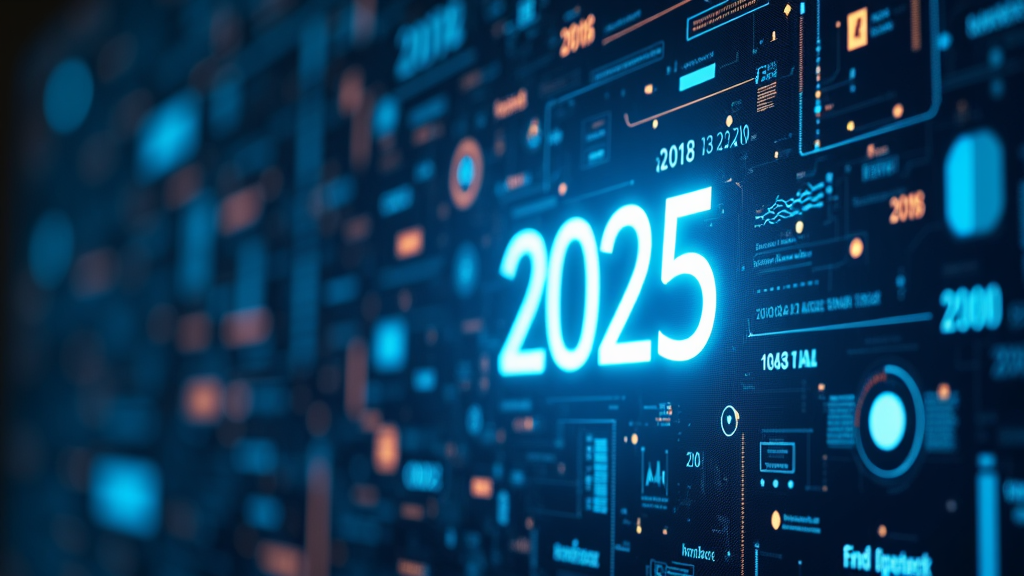
16 Essential Engineering Skills for 2025
As we approach the year 2025, the engineering industry is undergoing rapid changes driven by technological advancements, growing demand for sustainable solutions, and increasing complexity of systems. To remain competitive, engineers must possess a diverse set of skills that go beyond traditional technical knowledge. In this article, we will outline the 16 essential engineering skills for 2025.
1. Data Analysis and Interpretation
- Understanding statistical methods and data visualization tools
- Experience with machine learning and artificial intelligence (AI) algorithms
- Familiarity with programming languages such as Python or R
Data analysis is a critical skill in today’s data-driven world. Engineers who can collect, analyze, and interpret large datasets will be able to make informed decisions and drive innovation.
2. Cybersecurity
- Knowledge of security protocols and threat assessment
- Understanding of secure coding practices and vulnerability management
- Familiarity with penetration testing and incident response
As technology advances, cybersecurity threats become more sophisticated. Engineers who can design and implement secure systems will be essential in protecting sensitive information.
3. Communication and Collaboration
- Effective written and verbal communication skills
- Ability to work in multidisciplinary teams and facilitate collaboration
- Understanding of project management methodologies
Effective communication is key to successful engineering projects. Engineers must be able to clearly articulate complex ideas, manage stakeholder expectations, and foster a collaborative environment.
4. Digital Twin Technology
- Knowledge of simulation tools and models
- Familiarity with IoT devices and sensor integration
- Understanding of data-driven decision making
Digital twin technology allows for the creation of virtual replicas of physical systems, enabling real-time monitoring, analysis, and optimization. Engineers who can design and implement digital twins will be able to improve system performance and reduce costs.
5. Energy Efficiency and Sustainability
- Knowledge of renewable energy sources and sustainable technologies
- Understanding of carbon footprint reduction strategies
- Familiarity with green building materials and practices
As concern for the environment grows, engineers must design and implement sustainable solutions that minimize waste and reduce carbon emissions.
6. Internet of Things (IoT) Technology
- Knowledge of IoT device management and communication protocols
- Understanding of data analytics and visualization tools
- Familiarity with edge computing and cloud services
The IoT revolution is connecting devices, machines, and systems like never before. Engineers who can design and implement IoT solutions will be able to create smart cities, industries, and homes.
7. Materials Science
- Understanding of material properties and selection
- Knowledge of manufacturing processes and techniques
- Familiarity with materials testing and characterization
The development of new materials is driving innovation in various fields. Engineers who can design and select the right materials for specific applications will be able to create more efficient, sustainable systems.
8. Project Management
- Understanding of project planning, execution, and monitoring
- Knowledge of agile methodologies and iterative development
- Familiarity with resource allocation and risk management
Effective project management is critical in today’s fast-paced engineering landscape. Engineers who can plan, execute, and monitor projects will be able to deliver results on time, within budget, and to the desired quality.
9. Quantum Computing
- Knowledge of quantum algorithms and applications
- Understanding of quantum computing hardware and software
- Familiarity with quantum programming languages
Quantum computing is a rapidly emerging field that promises to solve complex problems in fields like chemistry, materials science, and cryptography.
10. Robotics and Automation
- Understanding of robotics systems and control algorithms
- Knowledge of automation principles and design methodologies
- Familiarity with sensor integration and machine learning
Robotics and automation are transforming industries by improving efficiency, productivity, and safety. Engineers who can design and implement robotic solutions will be able to create smart factories, warehouses, and logistics networks.
11. Software Development
- Knowledge of programming languages and software development methodologies
- Understanding of testing and validation strategies
- Familiarity with version control systems and agile development
The ability to develop high-quality software is essential in today’s digital world. Engineers who can design, test, and deliver software solutions will be able to create innovative products that meet customer needs.
12. Supply Chain Management
- Understanding of supply chain planning and optimization
- Knowledge of logistics and transportation management
- Familiarity with inventory management and demand forecasting
Effective supply chain management is critical in today’s globalized economy. Engineers who can design and implement efficient supply chains will be able to reduce costs, improve quality, and enhance customer satisfaction.
13. Sustainability and Social Responsibility
- Understanding of environmental impact assessment
- Knowledge of social responsibility principles and practices
- Familiarity with stakeholder engagement and community outreach
As concern for the environment and society grows, engineers must design and implement sustainable solutions that minimize waste, reduce carbon emissions, and promote social well-being.
14. Systems Thinking
- Understanding of system behavior and dynamics
- Knowledge of systems modeling and simulation
- Familiarity with systems analysis and optimization
Systems thinking is a holistic approach to problem-solving that considers the interactions between components, processes, and stakeholders. Engineers who can analyze and optimize complex systems will be able to create more efficient, effective, and sustainable solutions.
15. Transportation Systems
- Knowledge of transportation planning and infrastructure design
- Understanding of traffic flow and safety analysis
- Familiarity with intelligent transportation systems (ITS) and vehicle-to-everything (V2X) communication
The development of smart transportation systems is critical in today’s urbanized world. Engineers who can design and implement efficient, safe, and sustainable transportation solutions will be able to reduce congestion, improve air quality, and enhance mobility.
16. User Experience (UX) Design
- Understanding of user research and testing
- Knowledge of UX design principles and human-centered design methodologies
- Familiarity with wireframing, prototyping, and usability testing
Effective UX design is critical in today’s digital world. Engineers who can create user-centered solutions that meet customer needs will be able to deliver high-quality products that drive business success.
In conclusion, the 16 essential engineering skills for 2025 are a diverse set of abilities that go beyond traditional technical knowledge. By acquiring these skills, engineers will be able to design and implement innovative solutions that improve system performance, reduce costs, and enhance customer satisfaction. As technology continues to evolve at an unprecedented pace, it is imperative for engineers to stay up-to-date with the latest developments in their field and continually develop new skills to remain relevant.



